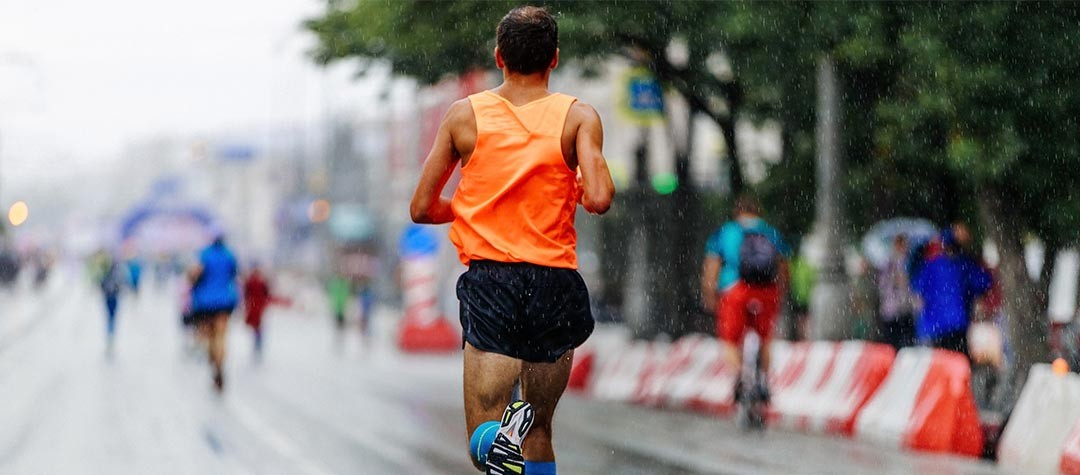Finishing a 10k is great achievement, but what’s next? Here are some tips where to focus your attention after your race.
So, you've crossed the finish line and ten minutes after vowing never to run again you're looking for your next challenge! Finishing your first 10k is a fantastic achievement but why stop there? You can progress up to the longer distances, or you can concentrate on getting faster in the shorter races. Here are some ideas to help you take the next step of your running career.
1. Join a club
No matter where you live, there will be a running club within close proximity to you. Joining your local running fraternity has many benefits. You'll meet like-minded runners and will enjoy the company of training in a group, possibly under the watchful eye of a coach. Having the company of other runners will help to push your training and performance on to the next level. You'll also be less likely to hit motivational slumps, particularly during the cold, dark winter months.
As an affiliated member of a running club you’ll also enjoy the benefit of having a wider selection of races to choose from because many clubs are affiliated to local road, track, and cross country leagues. You should also receive discounted race entry to the majority of road races.
2. Try some other distances
Once you've conquered a 10k the natural progression, after a little more training, is to try some of the longer distances. If you are regularly doing longer runs within your training then why not aim to tackle a 10 miler or even a half marathon as your next challenge ? However having said that, it’s important to remember that there are no rules to say that you shouldn't stick to the shorter distances particularly if you find 10k a long way.
So if you do feel that 10k is at the top end of your distance range then you could tackle a 5k and challenge yourself to run it at a faster speed than your 10k race pace.
3. Aim to get faster
If you've been bitten by the 10k bug then you'll probably want to run another so that you can have a shot at improving your personal best. To become a faster runner over 10k you'll need to work on your speed endurance and interval training is a great way to do this. Three minute intervals are ideal as they are long enough to gain the physiological adaptations from running at a higher intensity, but not so long that you cannot maintain the pace.
Start with 4-5 x 3 minutes with a 90 second jog recovery at your 10k race pace. You can gradually build up the number of intervals as you get fitter.
4. Structure your training
Now is a good time to start thinking more seriously about your training and if you don’t do so already, start following a more structured schedule that includes the appropriate balance of harder workouts, recovery days and rest. Whether you’re an elite runner or just enjoy the occasional trot around the block, the principles of training are the same.
Your training should be specific to the distance that you‘re planning to race, as well as progressive so that you continue to see gains in fitness. But you should also include adequate recovery so that your body can actually absorb the hard work you’ve put in. In order to take your running to the next level, your training should include the following key elements; long runs, easy runs, interval work and tempo runs.
5. Maintain your motivation
Once you've come down from the euphoria and sense of achievement of finishing your first 10k, it's common to experience a bit of an 'adrenaline slump', where your motivation starts to dwindle . To avoid the post-race blues, be sure to set some goals because this will give you a powerful sense of direction and will keep your motivation from dropping. It’s a good idea to have another race or challenge on the horizon as a target that you can aim for.














